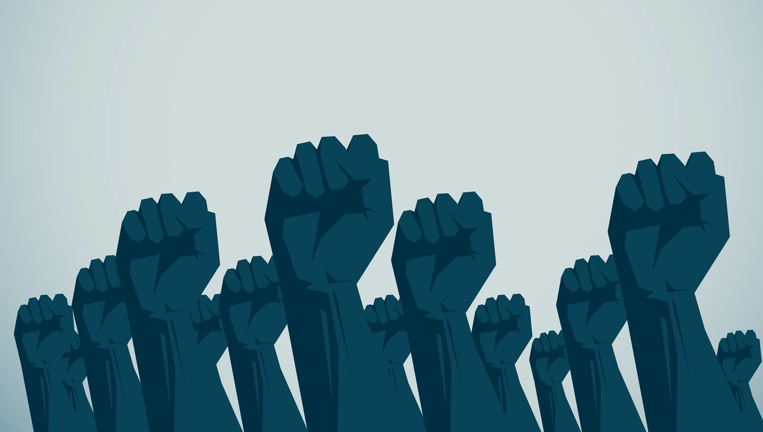Africa needs to rediscover its model of socialism

The unprecedented speech by Guinea junta leader Mamady Doumbouya on September 21 at the United Nations General Assembly in New York must have caught many of the assembled leaders by surprise.
The speech must have reverberated globally due to its boldness. Doumbouya contended that many of the ills facing post-independence Africa are a result of Western democracy, saying it “is difficult to adapt to our realities, our customs and environment.” The military leader cautioned the West against treating Africans like children, saying they were mature enough to design their authentic models of governance.
Since 2020, Africa has experienced at least eight coups, particularly in Francophone West and Central Africa. The French have been on the receiving end, with the new military leaders telling them to pack and leave for milking their countries dry.
Doumbouya was simply voicing what has been on the minds of patriotic Africans since the wave of independence between five and six decades ago. The departure of British and French colonialists left a legacy of governance that is totally incompatible with the African way of life.
This unfolding scenario was experienced in the years following independence after the realisation that the shackles of colonialism would not go away automatically as envisaged, leading to a new era of neo-colonialism.
One major characteristic of the two regions affected by the coups is that while they rank top among the mineral-rich countries in the world, they also rank high in the world’s poverty index. Africa has always felt that adopting Western democracy was akin to attempting to fit square pegs in circular holes. Before European colonialism, Africans had practised an authentic and meritorious system of governance for aeons.
For one to deserve the privilege of leadership, for instance, he or she had to have been tried and tested by his or her community or society. This ensured that criminals and corrupt individuals did not fall through the cracks by manipulating public opinion or using their wealth.
Western democracy and its version of human rights have been used as a guide for continued control of African countries. As a system alien to the time-tested African way of life, the learning curve in its adoption has been steep.
It has eroded African customs and values, and superimposed a social, cultural, economic and belief system often in conflict with the so-called “Ubuntu”. Ubuntu is an ancient African socialist philosophy meaning that “I am because we are.”
Democracy in Africa has actually exacerbated the problems that it is supposed to cure. Some regimes have actually trampled on the rights of citizens in order to perpetuate themselves in power. Africa has problems, yes, but Western democracy and its competitive politics are not the panacea that its proponents have sold to the continent.
Africans need to rediscover their model of socialism. At the core, African socialism advocates mutual social responsibility, political democracy, and social justice and emphasises the fair distribution and use of resources. African socialism is egalitarian at its best and leaves no one behind in the development of the society.
Asian countries have managed, to a large extent, to blend Western democracy with their own social and cultural heritage. Japan is a constitutional monarchy with a system of civil law. Malaysia is a parliamentary democracy with a constitutional monarchy.
Many Asian countries are governed by a mixture of consensus democracy – government based on consensus rather than traditional majority rule, and deliberative democracy where authentic deliberations rather than votes are fundamental to legitimate decision-making.
Africa should retrace its steps and rediscover socialism with African characteristics. Africans may not be able to bring back things as they were before, but there is enough space to practice many of the ideals that made the continent stable for centuries before the disruption by Western democracy.
— The writer is a PhD candidate in International Relations












